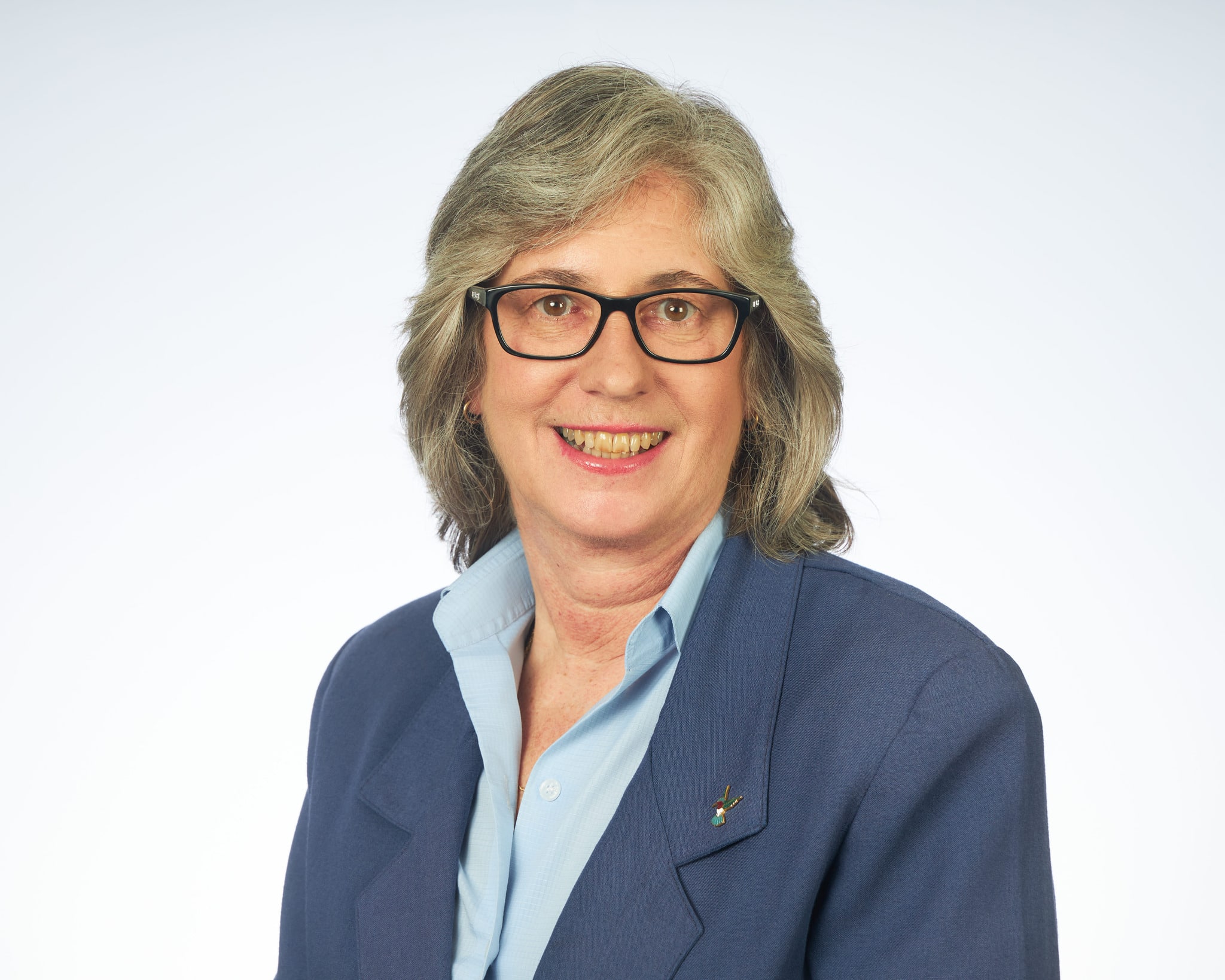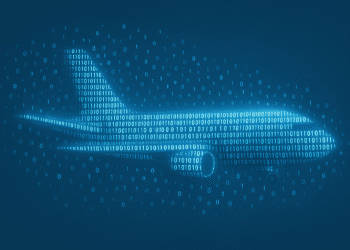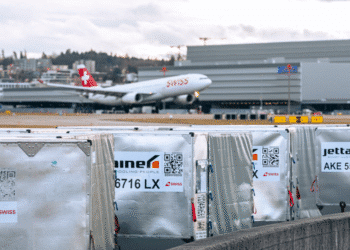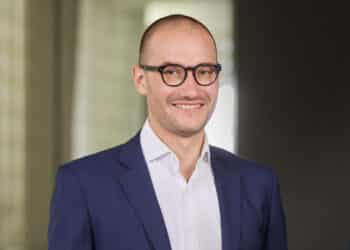Kale Info Solutions’ Mullins to discuss updating TMS at Air Cargo Tech Summit
Air Cargo Tech Summit takes place in Miami, June 6-7
Donna Mullins, vice president at Kale Info Solutions, has joined the speaker faculty for the inaugural Air Cargo Tech Summit in Miami to present on “Better results through updated legacy systems and improved TMS’s” at 10:15 a.m. ET on Tuesday, June 7.

The Air Cargo Tech Summit will take place live June 6-7, at the JW Marriott Marquis Miami. The event will provide participants with the basis for technological improvements in each area of airfreight logistics.
Kale Info Solutions is the U.S. subsidiary of India-based Kale Logistics, which has been involved in the formation of airport cargo community systems (CCS) around the world, including at Atlanta’s Hartsfield-Jackson Atlanta International Airport (ATL). Mullins, who is president and CEO of Mullins International Solutions, previously worked with Kale Logistics through her company and opened the U.S. office in June 2020.
Beyond Kale’s work in establishing CCS, the U.S. subsidiary is working to develop an airfreight e-marketplace in the U.S., Mullins told Air Cargo World during an interview earlier this year. The platform will be similar to a truck brokerage load board, but for international cargo, allowing “companies that have freight to find people to move freight, and people that move freight to find people that have freight” needing moved, she said. The marketplace is planned as a cloud platform accessible to anyone with internet access, allowing providers to list rates, transportation products and routes, Mullins added.
The digital solutions market in airfreight is becoming increasingly competitive as startups and established providers grow their portfolios. Kale has focused on making products that are adjustable depending on the customer’s commercial model, Mullins said.
“For example, in Atlanta, we don’t have a port authority for Atlanta,” Mullins said. “So we have to tweak our commercial models based on the environment that we’re going into.”
In some cases, the airport itself may not have the authority to implement a CCS, Mullins noted, and is instead a “cheerleader” for the process. In those cases, stakeholders within the community may take on the cost of implementation.
“For example with WFS, the ground handler themselves took on the cost,” she said. “We have another port in the Midwest that we’re going to be doing, where the airport took on the cost. So we’re able to work with the community, depending on what that community needs, to be able to set up a great commercial model for them.”
Learn more about the Air Cargo Tech Summit and register here.




